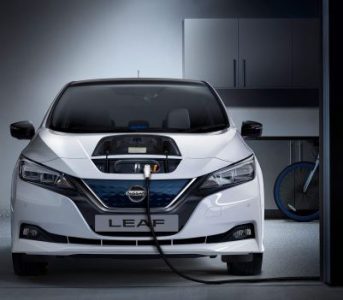Along with the environmental benefits, one of the main advantages of owning an electric vehicle (EV) is their relatively low running costs.
Charging a battery is much more affordable than filling a tank, and EVs are often more reliable than petrol and diesel cars since they have fewer moving parts that can fail.
However, a single tank of fuel will take you much further than even the most efficient EV battery. Add to that the jump in electricity prices that took place on 1 October, and you may need to consider the cost of owning an EV more carefully.
How much does it cost to charge an EV?
The price of charging an EV depends on where you do it.
At home
Charging an EV at home is usually the most cost effective option. You can charge the car using a domestic three-pin socket, but installing a dedicated EV charger will deliver power much more quickly.
Installing an at-home EV charging point typically costs around £1,000.
With the government’s Energy Price Guarantee capping the cost of electricity at 34 pence per KWh in October 2022 (until April 2023), fully charging an EV at home will cost:
- £12.51 to fully charge a small EV (VW e-Up!)
- £13.60 to fully charge a medium sized EV (Nissan Leaf)
- £24.14 to fully charge a large EV (Audi e-tron)
Read more: Forbes
It’s Time to Go Green!
If you would like to know more about Solar Panels and the PowerBanx range of home battery systems, and get a free instant quote, please complete our online form:


